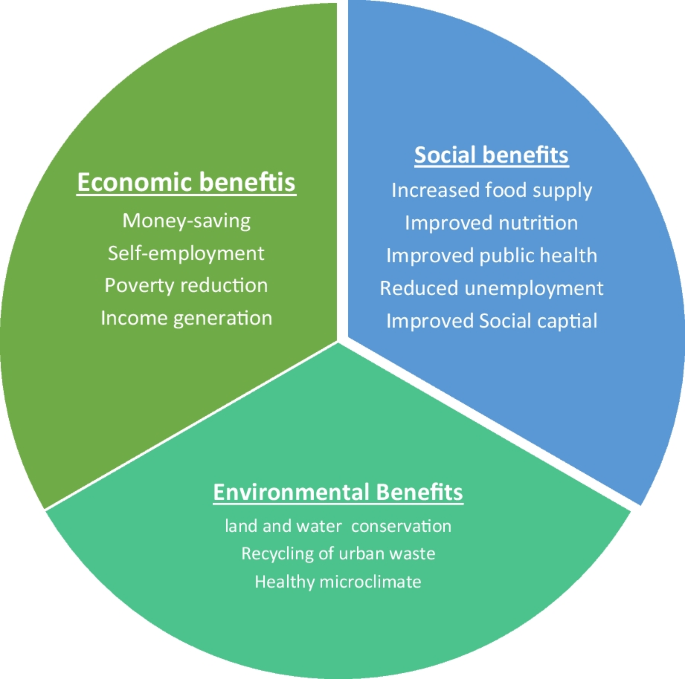Getting The City Blooming To Work
Getting The City Blooming To Work
Blog Article
The Greatest Guide To City Blooming
Table of ContentsSome Known Incorrect Statements About City Blooming City Blooming Things To Know Before You Get ThisThe Facts About City Blooming RevealedNot known Facts About City BloomingWhat Does City Blooming Do?
Nature has extraordinary effects on our physical and mental wellness, so it's no surprise that a simple delicious on a desktop or some potted natural herbs on a windowsill can quickly boost an area. Take those plants a step better, and you'll cross right into the territory of city gardening, which brings much more benefits to individuals and neighborhoods alike.What Are Urban Gardens?Urban horticulture, sometimes understood ascity horticulture, is defined as "the process of cultivating eco-friendly spaces in metropolitan setups. "It incorporates a range of projects from metropolitan farming to patio gardens to area yards - home and garden. Urban yards can be often tended by people, teams, firms, or companies. The amount and variety of food expanded can vary widely, along with the dimension of the project itself, but urban gardening efforts are all rooted in a city setting.
Whether they include a collection of pots on a terrace or a cluster of plots on an uninhabited great deal, these gardens provide more than food, providing a host of ecological, financial, and social benefits. Due to the fact that fruit and vegetables is grown in neighborhood setups rather than far-away farms, urban horticulture minimizes transportation needs, consequently reducing carbon discharges.
All about City Blooming
Sustainable and organic agriculture removes or reduces much of the environmental injury that would be sustained by commercial farming techniques. Environment-friendly areas in cities help decrease the city warm island effect. Urban agriculture stimulates local economic situations and supports neighborhood food manufacturers. Area gardening tasks typically offer food at little or no charge, which aids bolster food budgets and enhance food safety. Urban yards can be devices of social adjustment that address injustices, systemic racism, and neighborhood development concerns. Below at Cravings For Modification, we utilize food as a device to build health, riches, and social modification in North Minneapolis. We bring people together to discover, prepare, consume, and expand food, producing adjustment that lasts.
Together, we can produce well-rooted and flourishing modification!.

The key lesson we, once again, should find out is that cities are not separated from nature. https://www.wattpad.com/user/cityblooming. While these areas of research advertise cities as helpful, no city is best not also close, and the susceptabilities and interconnections of the international supply chain has impacted all of us in unforeseen methods.
The Of City Blooming
I will check out versions from the past that promoted metropolitan yards and gardeners, and show what functioned and what did not. I will talk about the chances and obstacles of being an urban gardener, what is required to establish a yard of your very own, and what regulations and requirements stand in the way of making cities better at advertising urban yards.
The quantity of time wasted reaching and from standard offices has been well recorded. One significant research concluded that before the pandemic, Americans squandered approximately 54 hours a year commuting. The collected negative effects of air pollution and stress and anxiety that arise from travelling alone by automobile as many Americans do are considerable.
The ability to come to the workplace for cooperation and society, and remain home for concentrated work is a concept that saves time, is better for the environment and is a smarter use limited sources. It shows up the crossbreed work environment is a concept whose time has come. What hasn't yet held is the connection in between these changes in behaviors and just how cities could respond.
6 Simple Techniques For City Blooming
What are the health effects of our cities all of a sudden overdesigned for autos? Just how can our city framework (roads, utilities) do far better, not only as avenues to move people and items, however as factors to all-natural systems? Urban sensations such as smoke, inadequate water top quality and the 'warm island result' can be reduced by greening our streets, electrifying our automobiles and planting our car park.
In a current post in the Wall Road Journal, Richard Florida talked about the phenomenon of 'zoom cities,' which bring in remote workers by producing a picture of a better of life (balcony and patio garden design). He wrote: "For cities, remote job changes the emphasis from tempting companies with unique deals to enticing skill with services and services
, index and rooftop horticulture. This indicates you can control the place where you grow the food, and fret much less concerning ecological conditions like dry spell or cold weather condition. https://hubpages.com/@cityblooming.
Unknown Facts About City Blooming
Growing mass-produced food with typical farming methods takes a whole lot out of the planet. Beyond the many sources that are made use of on the ranch, the food then has to be transported where it is expanded to a store near you. That calls for shedding a whole lot of gas. On standard in the U.S., food is now transported between 1,500 and 2,500 miles to get to the customer.

Report this page